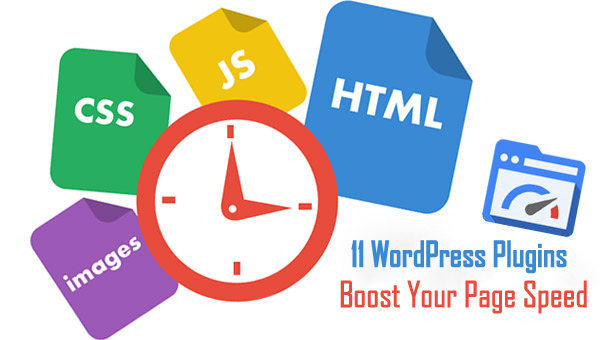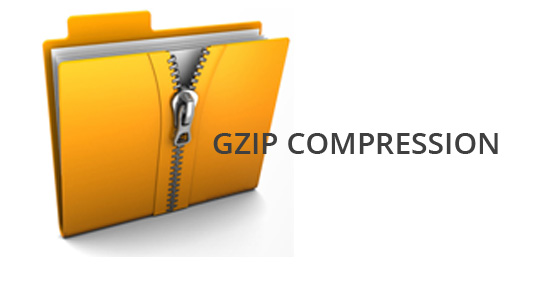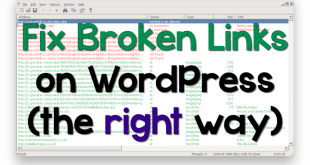The rate your site burdens is critical for two reasons. We are a fast-food society and anything that doesn’t happen inside milliseconds is too moderate for many individuals. A site that heaps gradually will lose guests and potential income. Google has over and over pointed out the significance of burden velocity in its hunt calculation also. The world’s biggest web index wouldn’t like to send its movement to a moderate website. Keep your site speedy or endure the results.
1.EWWW Image Optimizer

With no less than two pictures and an element picture for every post, I have a huge amount of picture records on each of my websites. Stack enough pictures and you’ll begin seeing page load times increment and bandwith use surge.
2.Use Google Libraries

On the off chance that your topic or site utilizes JavaScript libraries or segments like jQuery, Prototype or Dojo, and there’s a decent risk it does, clients need to download those scripts when they stack up the webpage surprisingly.
3.WP-Optimize
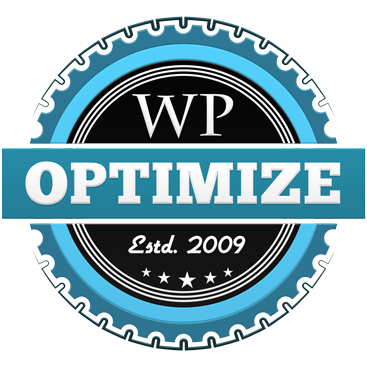
I need to concede, and this is humiliating, I didn’t realize that I was backing my site off each time I hit Update on a post. Each time you spare a post or a page, WordPress makes an amendment and stores it on your MySQL overhead. In the event that you work in your WordPress editorial manager as I do, you are continually sparing and the quantity of amendments on your site can interfere with your heap speed.
4.WP Super Cache
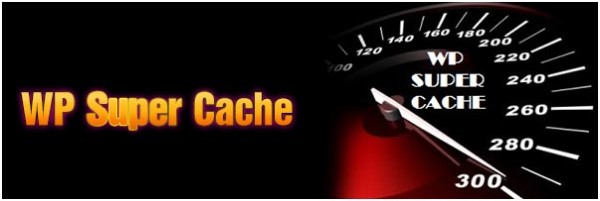
When somebody goes to your site, their program needs to stack a huge amount of things including logos, the CSS document and assets. This is the reason sites require some investment to load, and some of them take a ton of time to stack.
5.WordPress Inspector
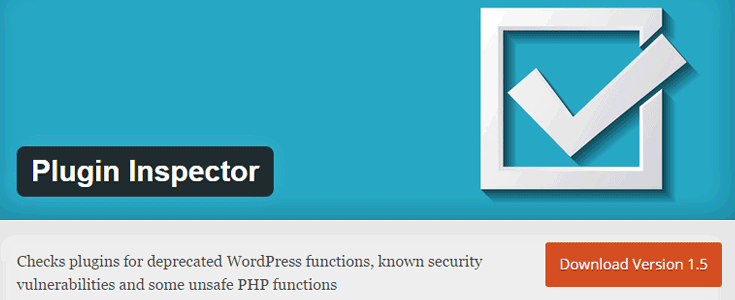
WordPress Inspector is a free online instrument that tests your WordPress for rate, execution, portable status, SEO, and security.
6. Pick a superior web facilitating supplier
The central point that impacts the velocity of a site is the facilitating of your WordPress site. It may appear like a smart thought to have your new site on a common facilitating supplier that offers “boundless” transmission capacity, space, messages, areas and that’s just the beginning. In any case, the point that we typically pass up a great opportunity for with respect to this offer is that mutual facilitating situations neglect to convey great stacking times on crest movement hours, and most neglect to give 99 percent uptime in any given month.
7. Utilize a lightweight WordPress subject/system
WordPress subjects with a great deal of element components, sliders, gadgets, social symbols and numerous more gleaming components are monstrously speaking to the eye. Be that as it may, recall that this: on the off chance that they have an excessive number of components and higher page sizes, then they will bring about your web server to take a pounding.
8. Decrease picture sizes
Pictures are the real givers to size augmentation of a given site page. The trap is to diminish the span of the pictures without trading off on the quality.
9. Minify JS and CSS records
 On the off chance that you run your site through Google PageSpeed Insights apparatus, you will presumably be told about minimizing the extent of your CSS and JS records. This means by lessening the quantity of CSS and JS calls and the extent of those records, you can enhance the site-stacking speed.
On the off chance that you run your site through Google PageSpeed Insights apparatus, you will presumably be told about minimizing the extent of your CSS and JS records. This means by lessening the quantity of CSS and JS calls and the extent of those records, you can enhance the site-stacking speed.
10. Utilize a CDN

The general population who visit your site have a place with different areas on the planet, and obviously, the site-stacking velocity will vary if the guests are situated far from where your site is facilitated.
11. Empower GZIP pressure
Packing records on your neighborhood PC can spare a great deal of circle space. Also, for the web, we can utilize GZIP pressure. This move will drastically diminish the transfer speed use and the time it takes to access your site. GZIP packs different documents so that at whatever point a guest tries to get to your site; their program will first need to unfasten the site. This procedure cuts down the data transmission utilization to a significant degree.
 An Entrepreneur Blog Management, Strategy, Internet, Technology, Social Networks, Organizational Change and more!
An Entrepreneur Blog Management, Strategy, Internet, Technology, Social Networks, Organizational Change and more!
